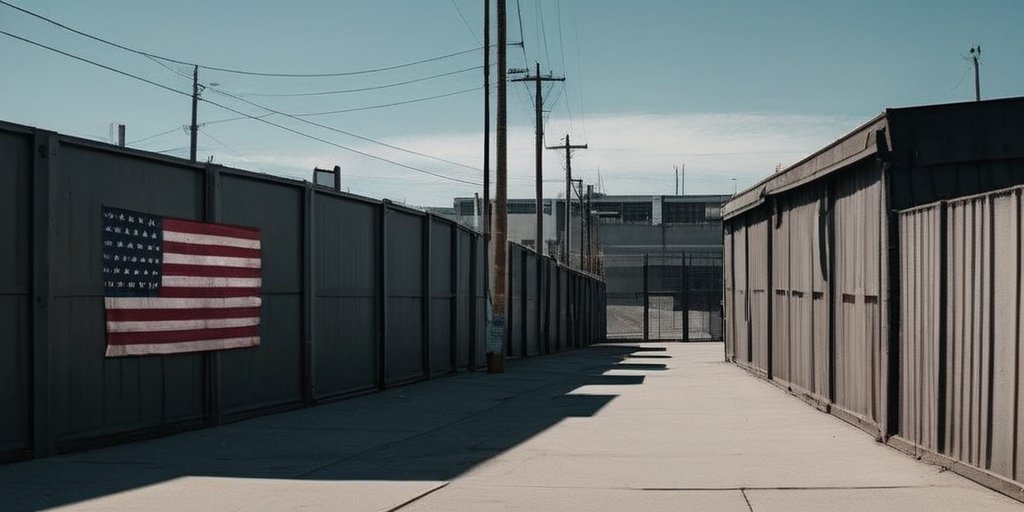In a controversial turn of events reflecting the ongoing debates on immigration policy, Jeanette Vizguerra, a prominent undocumented mother and immigration reform advocate, has been detained by U.S. Immigration and Customs Enforcement (ICE) in Denver, Colorado. This incident, occurring amidst Trump’s second term, revives the rhetoric surrounding the treatment of immigrant families and the implications of stringent immigration reforms originating from past administrations.
Vizguerra, who became a symbol of resistance during her three-year sanctuary stay in a church basement, initially made headlines in 2017 for her courageous stand against deportation. She embodied the struggles of countless immigrants seeking safety and a better life in the U.S. after fleeing violence and hardship in Mexico.
As recent updates confirm, Vizguerra was apprehended at a Target store, where she worked as a cashier. Her arrest has been described by supporters as an act of persecution, with Mayor Mike Johnston likening it to ‘Soviet-style political persecution’ and expressing concern over the priorities of current immigration enforcement strategies.
The ICE stated that Vizguerra is a convicted criminal alien from Mexico, emphasizing her 1997 illegal entry into the U.S. and subsequent federal deportation order issued in 2011. Former ICE officials applauded the arrest, viewing it as a necessary enforcement of immigration laws.
However, the broader public response has been one of solidarity for Vizguerra. Her case has reignited debates about how current immigration policies, particularly during Trump’s presidency, disproportionately affect families and communities involved in the fight for fair treatment of undocumented immigrants.
“Jeanette represents countless immigrants like her, who only seek a better life for their families,” said Colorado Governor Jared Polis. Protesters have gathered in support of Vizguerra, echoing the sentiment that the arrest is not just about one woman, but about a community’s right to safety and justice.
The situation encapsulates a significant political divide, reflecting the unresolved issues of immigration policy that have persisted over decades and transcending personal narratives into the core of American societal values. Amidst calls for reform, Jeanette Vizguerra’s story shines a light on the complexities and sensitivities surrounding such issues, warranting a critical reassessment of immigration enforcement practices during the Trump administration and beyond.
This incident continues adding to the discourse surrounding immigration reform and the calling for a humane approach towards undocumented individuals who have woven themselves into the fabric of American society, balancing personal stories against broader policy frameworks.
